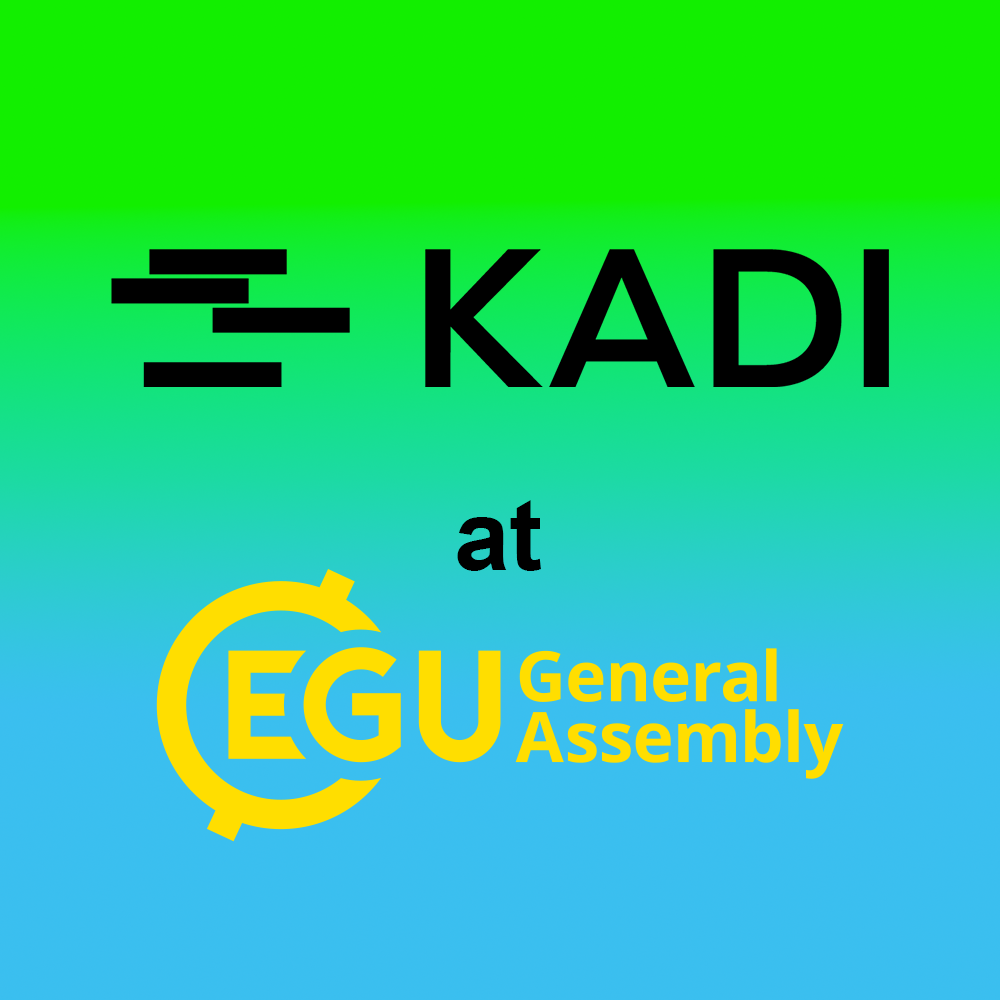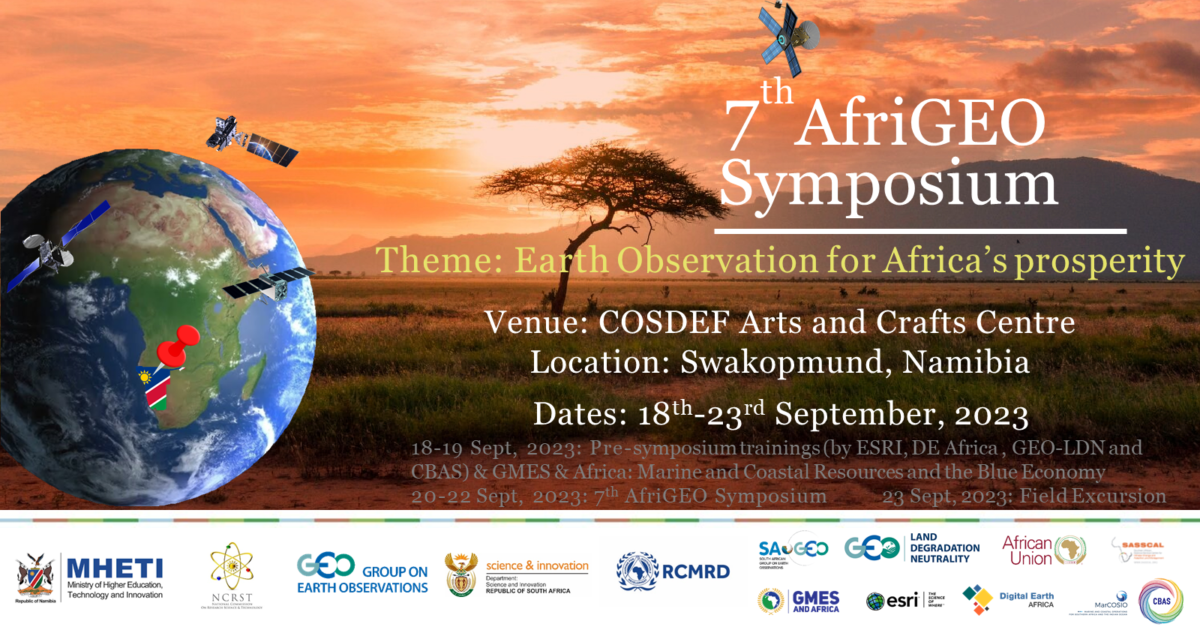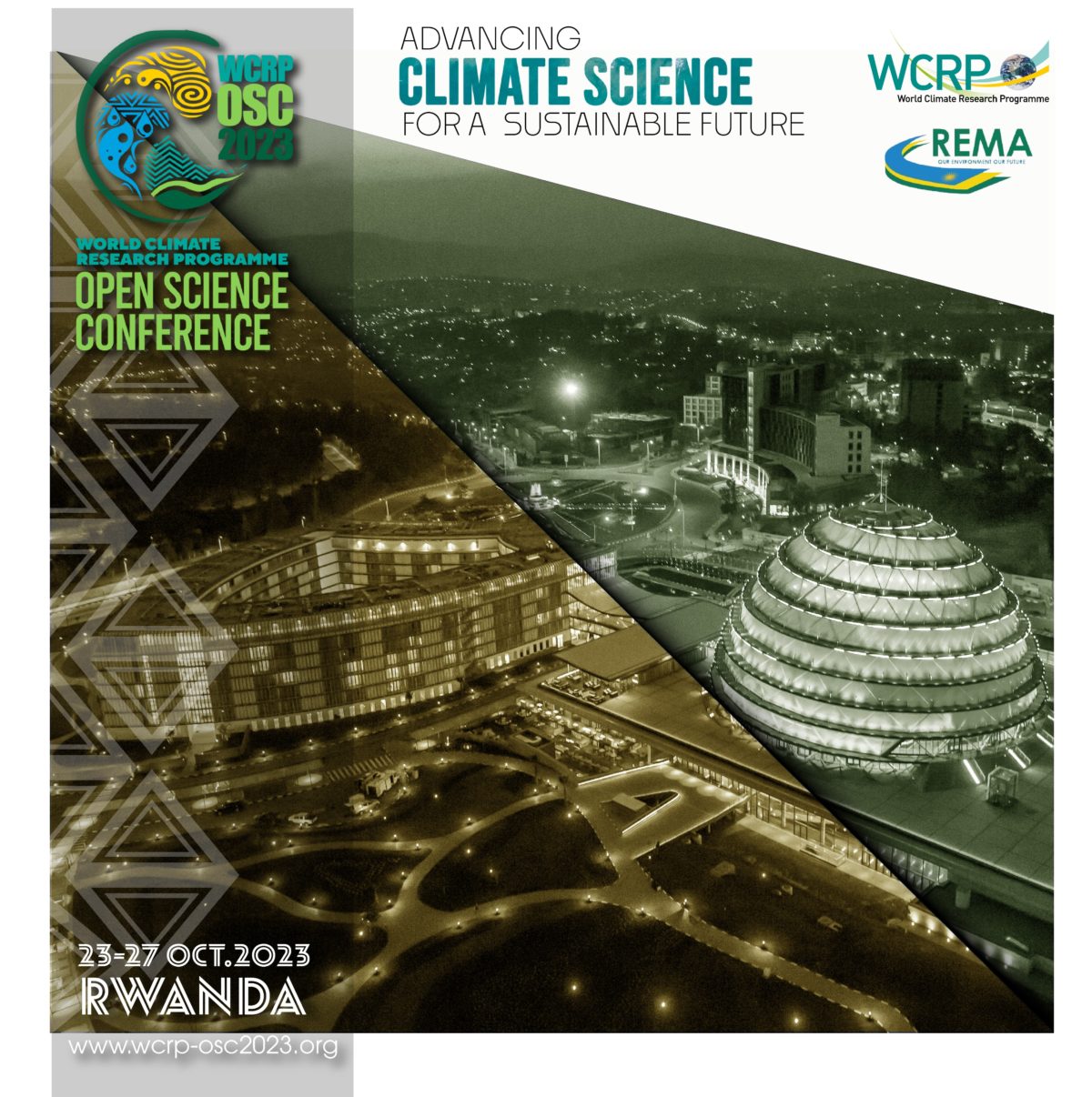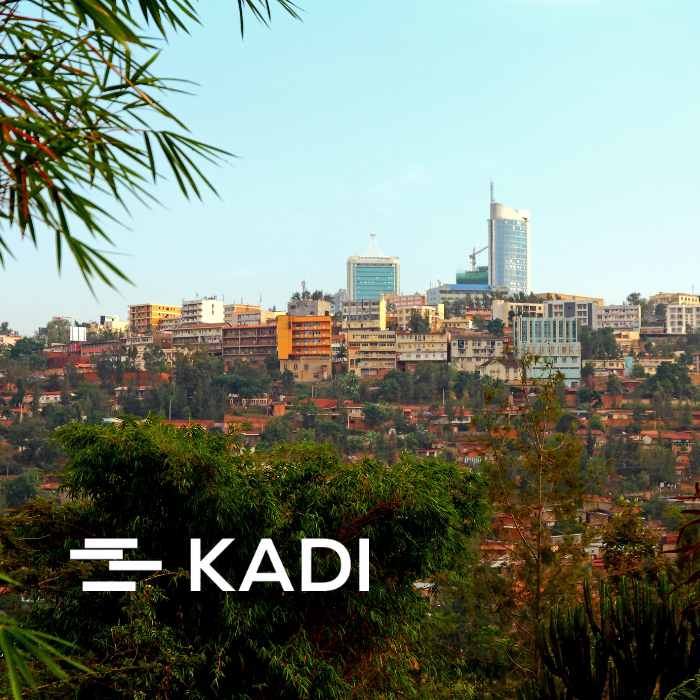Online workshop: Validating African climate service and research infrastructure needs and challenges
July 1st (in English) 9am – 2pm SAST (UTC+2) – registration form
July 8th (in French) 9am – 2pm GMT (UTC+0) – registration form
KADI organises an online workshop in July 2024 to discuss, validate and improve findings from the project activities. We have invited actors who already have engaged with the project activities to take part in the workshop. However, if you would like to join the discussion, we warmly welcome you to the workshop!
Aim of the workshop
In the workshop, we would like to explore with all participants the climate service needs that emerge in different organisations and sectors that work on timely climate related challenges. The aim is to map climate infrastructure requirements or other climate inputs and information that could be supported by a Pan-African research infrastructure. We shall find ways to support various concrete climate service needs related to e.g. temperatures, air quality, CO2 circulation, and other climatic phenomena. In addition to this, we hope to connect with stakeholders who would be interested to continue working with the KADI team during the project, and also afterwards.
There will be two duplicate events, first one taking place on July 1st in English, and the second on July 8th in French.
| 9:00 – 9:45 am | Welcome and introductions
An introduction to the project and the key topics of research infrastructures and climate services. Icebreakers using Flinga (https://flinga.fi) and Mentimeter (https://www.mentimeter.com) will get participants familiar with the online interactive tools. |
| 9:45 – 10:45 am | Climate service needs
This discussion aims to scope stakeholders’ current relationship to climate services, as well as their needs for additional climate services. Climate service pilots’ system maps as a methodology will also be validated with participants. |
| 10:45 – 11:00 am | Break |
| 11:00 – 12:00 pm | Critical research infrastructure elements
This discussion aims to validate our work regarding research infrastructure elements and scoping the stakeholders’ experiences with the elements. |
| 12:00 – 12:15 pm | Break |
| 12:15 – 13:00 pm | Stakeholder champions and closing remarks
This discussion aims to summarise the workshop discussion and findings. We will facilitate a way for the participants to show their interest in continuing communication with the KADI teams now and in the future as a stakeholder champion. |
Would you like to take part in the workshop? You are warmly welcome to register via this Google Form: https://forms.gle/foiQqBYA4RP6AzvMA (in English) and https://forms.gle/otGU7ozArZPT69Az9 (in French).



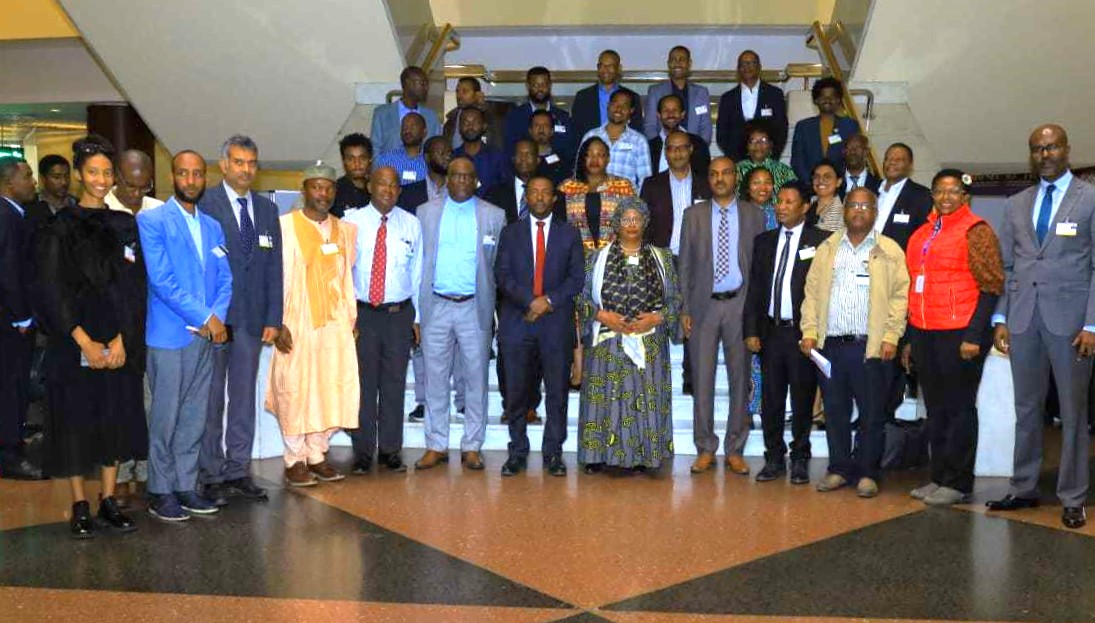
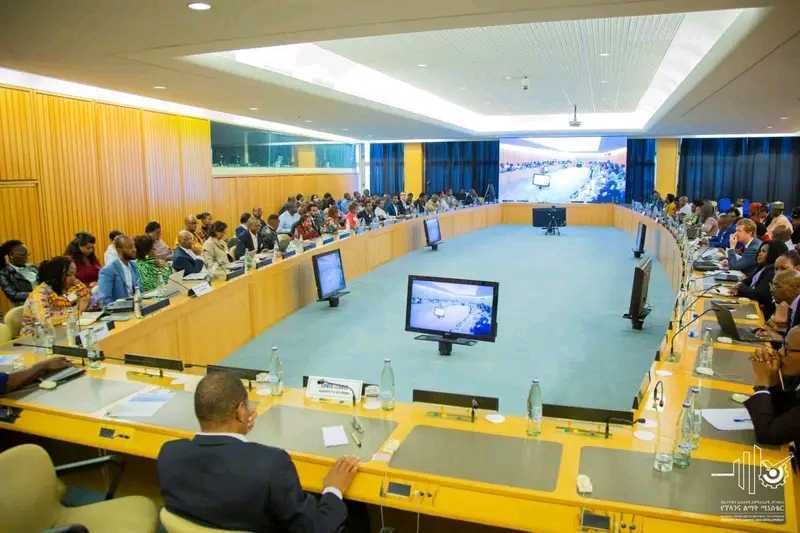 In the panel discussions the interventions, comments and highlights from the KADI representatives centered on the following:
In the panel discussions the interventions, comments and highlights from the KADI representatives centered on the following: